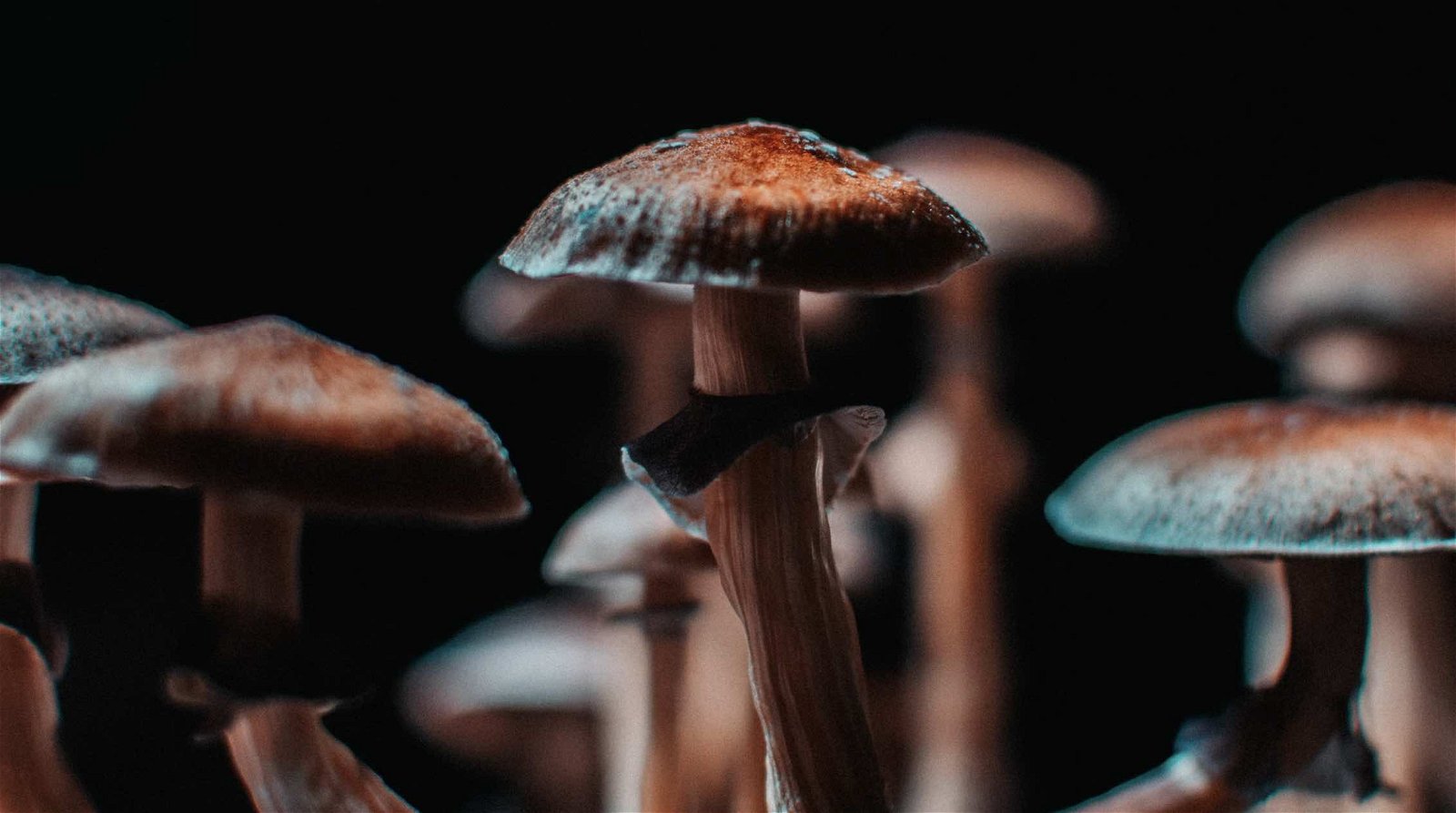New research reveals a heavy dose of psilocybin, the psychedelic component found in magic mushrooms, can alter a person’s perception and sense of self by reducing coordination between various regions of the brain.
Past studies involving psilocybin have found that the psychedelic substance can promote brain growth in animals, but the lasting effects for humans are still unclear.
Now, a study published in the journal Nature looked at healthy adults who took large doses of psilocybin, followed by comparison doses of the stimulant methylphenidate (a generic form of the drug Ritalin). Participants underwent brain scans before, during, and weeks after each of the doses, showing that psilocybin altered brain activity more than three times as much as the stimulant.
The study found the brain regions affected were connected to our sense of time, sense of self, and spacial awareness. This was achieved by activating the serotonin 2A (5-HT2A) receptor, which was associated with the psychedelic experience. The benefits lasted for weeks and may explain the longer-term benefits of psychedelics in the future.
The brain scans during the recent study revealed images taken before, during, and after a high dose of psilocybin, which helped researchers expand their understanding of the drug’s effects, which is being studied for its promise in treating mental health disorders such as depression.
“We used something we call Precision Functional Mapping (PFM) which uses the best functional MRI sequences available and then we repeatedly scan the same volunteers, so we’ve got lots of data per participant, which greatly improves the signal-to-noise ratio,” Nico Dosenbach, a neuroscientist at Washington University School of Medicine, told The Debrief in an email.
The first part of the experiment, which involved seven participants, recorded a baseline of each participant’s brain activity. After recording each baseline, the researchers gave participants 25 milligrams of psilocybin and observed what happened on the scanner. The second part of the experiment involved giving participants the brain stimulant methylphenidate on different days, and similarly observing their activity.
The Debrief asked Dosenbach how obvious the effects of psilocybin had been on the brain, to which he replied, “Very!” calling them “the most massive brain changes/effects I’ve ever seen.”
“We used methylphenidate as an active control and we were able to detect the effects of methylphenidate, too,” Dosenback said, “but they were absolutely dwarfed by those of psilocybin.”
The effects of psilocybin were substantial, primarily impacting the brain’s default mode network (DMN), which plays a crucial role in our sense of self.
Some of the most significant changes Dosenbach discovered occurring in the brain during the study, he explained, “were in the so-called default-mode network (DMN), which is important for self-referential memories and your sense of space and time.”
MRI scans showed that psilocybin seemed to erase the participants’ neural fingerprints. Most of these brain changes were noticeably gone one day after the tests, although one change persisted for three weeks. The coordination between the DMN and a part of the hippocampus, which aids in memory, was also reduced.
Researchers are uncertain how long these changes might last, as well as what their overall impact on the brain may be, or whether they are suggestive psilocybin’s therapeutic effects. Follow-up scans six to 12 months later showed the change was absent in data from four participants, but there wasn’t enough information to confirm its disappearance with certainty.
“The massive acute effects of psilocybin likely contribute to the psychedelic subjective experience,” Dosenbach told The Debrief, adding that “a potential benefit might be that this massive departure from typical brain function kickstarts a plasticity cascade that might be beneficial in neuropsychiatric disorders like depression.”
Chrissy Newton is a PR professional and founder of VOCAB Communications. She hosts the Rebelliously Curious podcast, which can be found on The Debrief’s YouTube Channel. Follow her on X: @ChrissyNewton and at chrissynewton.com.

